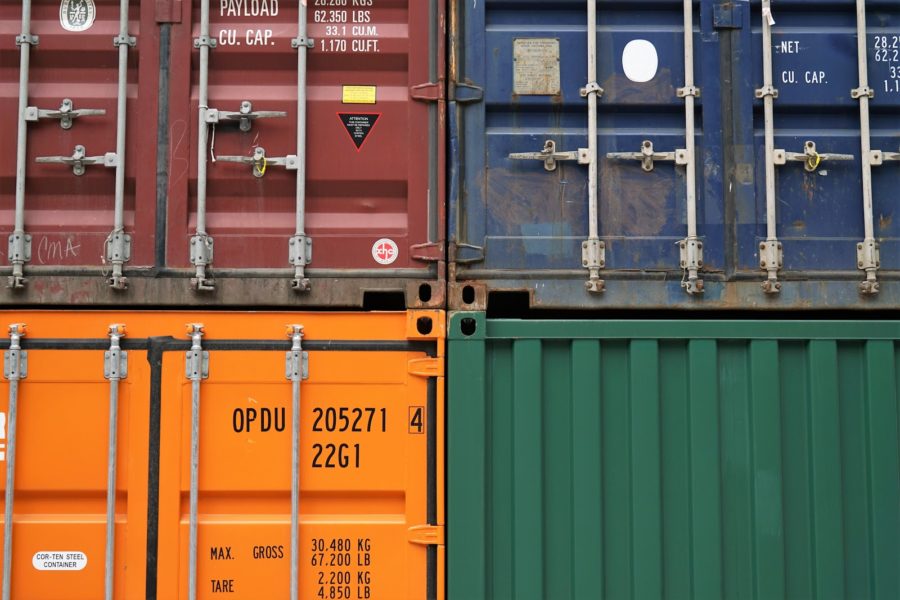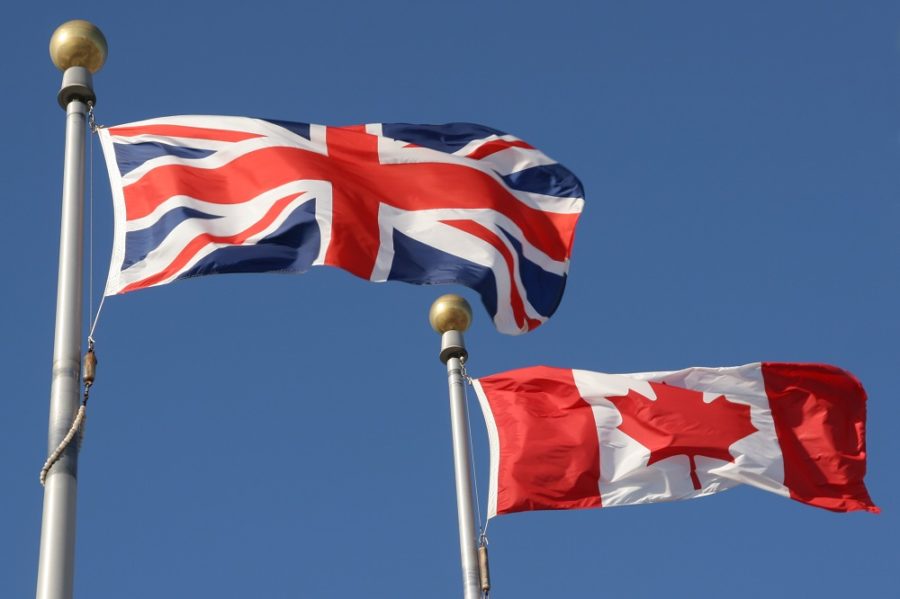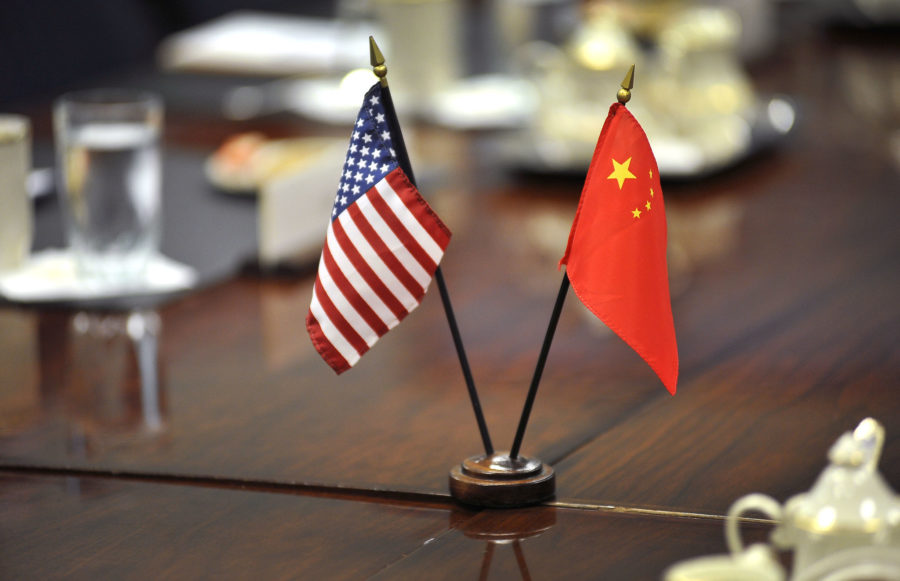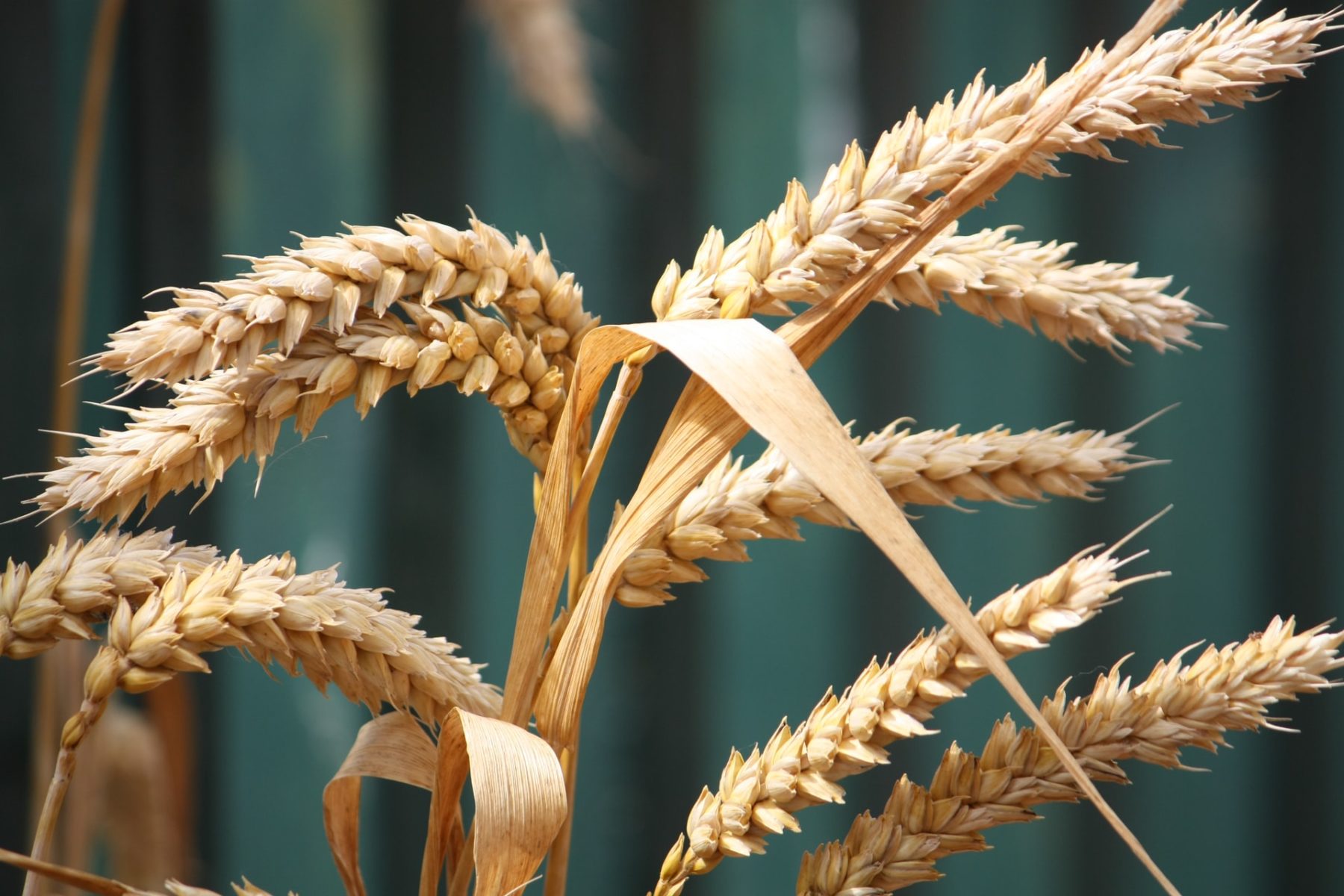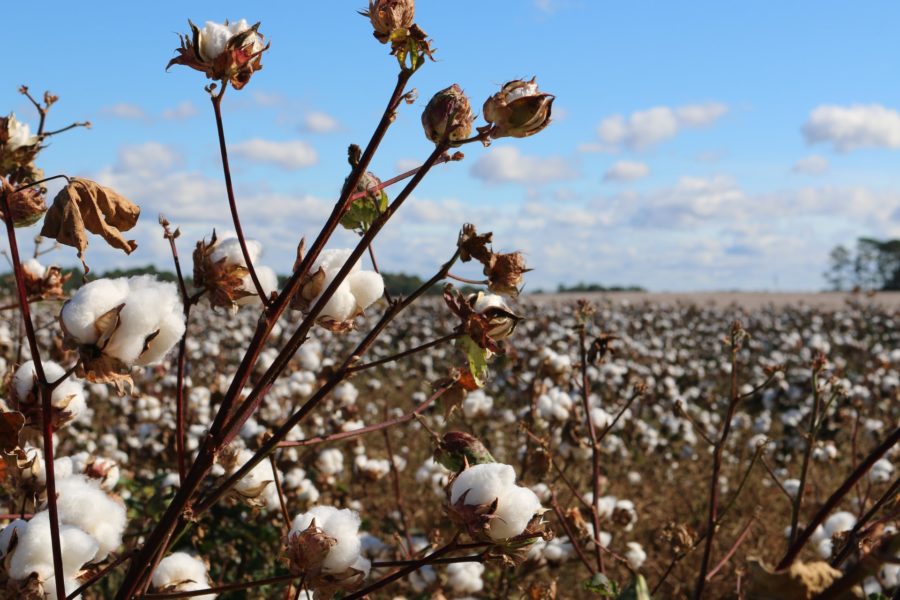September 23, 2020
Canada Abandoning Free Trade Negotiations With China

Canada is abandoning free trade negotiations with China amid a host of disagreements on a range of topics, according to Foreign Minister Francois-Philippe Champagne.
“I do not see the conditions being present now for these discussions to continue at this time. The China of 2020 is not the China of 2016,” Champagne said about trade negotiations as quoted by The Globe and Mail.
The comments mark a major policy shift towards China that brings Canada more in line with the hardline posture adopted by the United States, Australia and parts of the European Union.
What began as an expressed interest in fostering deeper economic ties between the two countries, has now turned soured after Canadian authorities detained Huawei CFO Meng Wanzhou in 2018 at the request of the U.S., which was followed by the arrests of two Canadian nationals on charges of espionage in China.
The tense relationship has been further exacerbated by Canada’s condemnation of the newly enacted Chinese law on national security in Hong Kong and a suspension of some bilateral agreements with the special administrative region.
Beijing has said that it reserves the right to respond to any interference on Canada’s part and the Canadian side will be held accountable for all the consequences.
Despite the tensions, China remains Canada’s second-largest trading partner after the US.
(Source: Economic Times)
